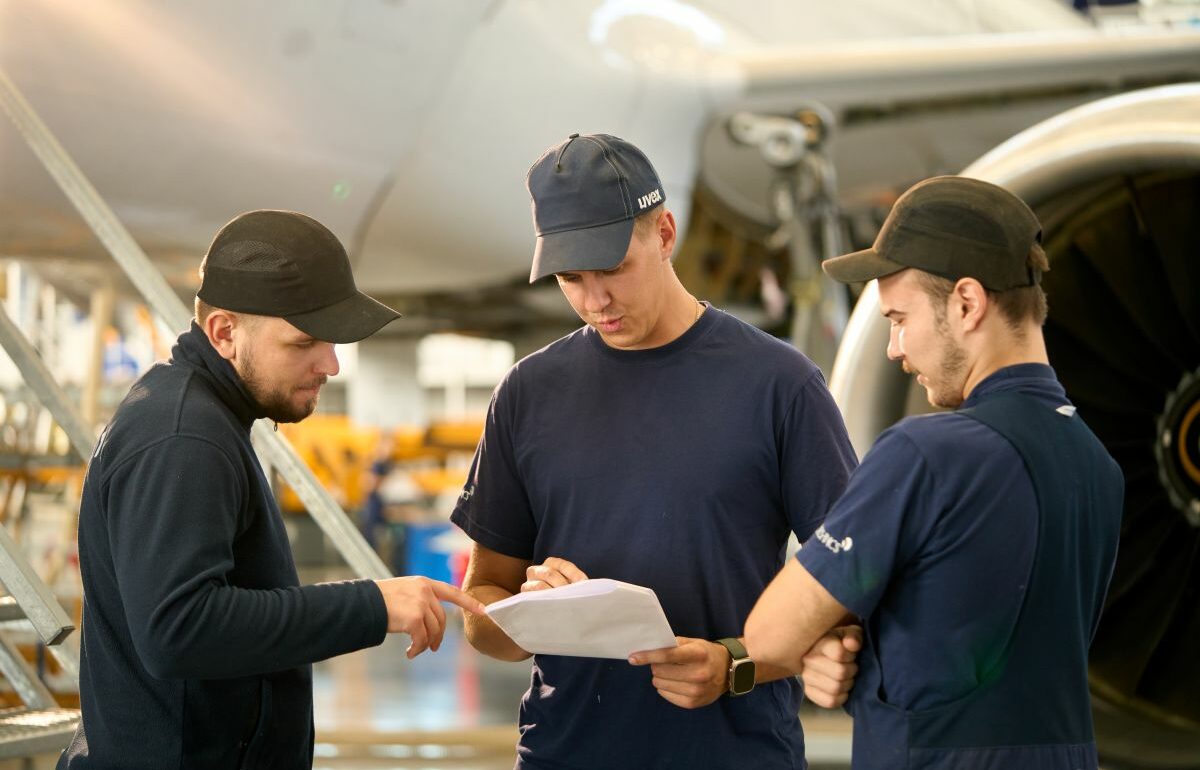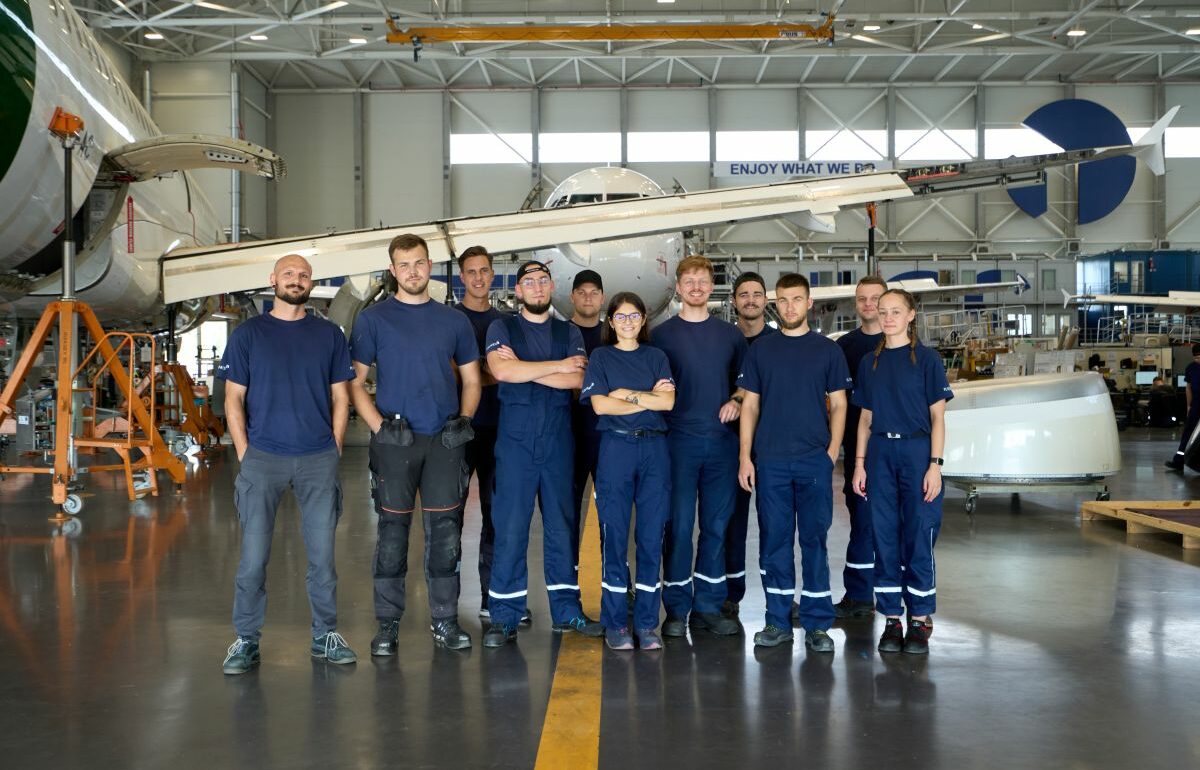The global aviation industry is facing a critical shortage of qualified aircraft maintenance technicians. This situation represents a unique opportunity for the Dominican Republic, where FL Technics will open the country’s first independent MRO center, creating more than 2,000 specialized jobs, including significant opportunities for young Dominicans.
With a projected global need for more than 400,000 aircraft maintenance technicians over the next decade, the aviation industry is facing an urgent talent gap. The challenge is especially pressing in regions like the Caribbean, where youth unemployment remains high and over half of young workers are in informal jobs. Addressing both trends, FL Technics, the global aircraft maintenance, repair, and overhaul (MRO) provider, will open the first fully independent MRO facility in Punta Cana, Dominican Republic this fall. It will create over 2,000 high-skill jobs, including aircraft mechanics, safety engineers, logistics roles, and administrative support.
The new facility represents a significant investment in the Caribbean’s technical workforce development. By combining invaluable hands-on experience with immediate employment opportunities, FL Technics aims to transform regional talent into aviation professionals while at the same time expanding its global service capabilities. Having an aircraft MRO center in Punta Cana will increase the region’s connectivity, as aircraft from anywhere in the world will have the option of doing heavy maintenance and repair at its facilities.
Building aviation careers in the Caribbean
Given the pressing talent shortages in aviation maintenance, companies must implement new recruitment and training strategies to meet industry demands.
“The Dominican Republic has never been an aircraft MRO hub—and that’s exactly why we see such incredible potential here,” says Žilvinas Lapinskas, CEO of FL Technics Group. “There’s a clear need for skilled aviation professionals, and we know it takes years of dedicated learning, hands-on training, and certification to build true expertise. Our goal is to create a long-term learning ecosystem, where young people from the Dominican Republic and across the region can grow from apprentices into licensed aviation specialists. This isn’t just about jobs—it’s about careers, pride, and putting the Caribbean on the global aviation map.”
FL Technics plans to implement “train-to-hire” programs in partnership with local universities, maintenance schools, and vocational institutions, creating clear pathways into aviation careers. The Instituto Dominicano De Aviación Civil (IDAC) aviation maintenance technician (Técnico de Mantenimiento de Aeronaves) license includes two ratings — Airframe and Powerplant—each requiring 24 months of hands-on experience, as well as both theoretical and practical examinations.
The company will relocate experienced aviation professionals from Europe to mentor local talent, ensuring the transfer of knowledge and adherence to international standards. This approach allows career starters to learn directly from experts while gaining hands-on experience with modern aircraft.
The new facility represents a strategic partnership between FL Technics and Grupo Puntacana, a key driver of social, economic, and tourism development in the region. The latter will construct the hangar, while FL Technics will manage operations. The company has already begun actively recruiting local employees as part of its commitment to developing regional talent and reducing brain drain, bringing Dominican aviation professionals back home to earn comparable salaries in a lower-cost environment.
“We are committed to upskilling local talent through hands-on mentorship and targeted training programs,” says Lapinskas. “With experienced engineers from Europe providing critical expertise, dedicated individuals can develop from entry-level technicians to skilled engineers in two to four years. Through partnerships with local schools and universities, we aim to foster long-term growth and create sustainable careers in Caribbean aviation.”

